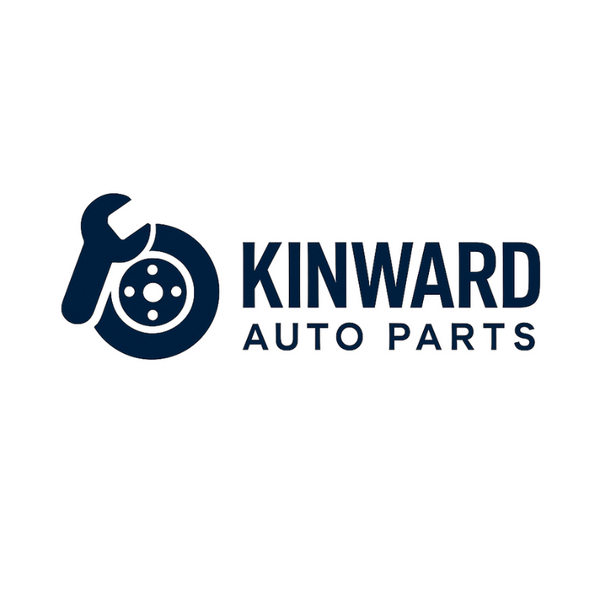What to Consider When Buying Automotive Fasteners: A Practical Guide
Sourcing the right automotive fasteners is critical for ensuring vehicle safety, structural integrity, and long-term reliability. Whether you are an OEM, parts distributor, or procurement officer in the automotive supply chain, understanding what makes a fastener suitable for your application can reduce risks and improve product performance.
This guide outlines key factors to consider when buying automotive fasteners.
1. Material Composition
The material determines the fastener’s strength, corrosion resistance, and suitability for specific applications.
Common materials include:
-
Carbon steel – widely used for general applications
-
Stainless steel – offers superior corrosion resistance for underbody or engine areas
-
Aluminum – lightweight, suitable for non-structural components
-
Titanium – used in high-performance or motorsport vehicles for its strength-to-weight advantage
Always match the material to your vehicle’s functional and environmental requirements.
2. Coating and Corrosion Protection
Fasteners are often exposed to moisture, heat, and chemicals. Protective coatings are essential to prevent rust and surface degradation over time.
Common coating options:
-
Zinc plating (clear or yellow)
-
Phosphate coating
-
Dacromet or Geomet coatings for underbody and brake systems
-
Black oxide for internal components
Choosing the correct surface treatment improves durability and helps meet long-term performance expectations, especially in humid or coastal regions.
3. Thread Type and Precision
Automotive fasteners must be precisely matched in thread size, pitch, and tolerance. Incompatibility can lead to assembly problems or failures in the field.
Important considerations:
-
Metric vs. unified thread standards
-
Fine vs. coarse threads based on vibration resistance
-
Pre-applied thread-locking features such as nylon patches or adhesives
Confirm threading with engineering drawings or samples to avoid mismatches during assembly.
4. Industry Standard Compatibility
While full certification is not always required, ensure the fasteners follow widely accepted automotive mechanical and dimensional standards. This helps maintain quality consistency and simplifies QC processes.
Key points to look for:
-
ISO or SAE grade classification for bolts and nuts
-
Consistent thread tolerances and head types
-
Material and coating specs in line with automotive use
Using parts that follow recognized standards reduces fitment errors and improves supply chain reliability.
5. Mechanical Strength and Torque Ratings
Fasteners must be capable of withstanding the specific forces encountered during use. This includes axial loads, vibration, and thermal expansion.
Check the following:
-
Tensile and yield strength
-
Shear resistance
-
Recommended torque values for installation
-
Behavior under thermal cycling or dynamic stress
Over-tightening or using fasteners below spec can lead to failures and costly rework.
6. Supplier Reliability and Production Capability
Choosing the right supplier is as important as selecting the fastener itself. A dependable supplier ensures consistent quality, delivery, and support.
Consider suppliers that offer:
-
Stable inventory and production capacity
-
Technical documentation and drawings
-
Quick response to orders and RFQs
-
Support for bulk orders and JIT delivery
Fast response times and flexible logistics are especially valuable for automotive production and maintenance schedules.
7. Custom Fastener Requirements
In many cases, standard fasteners do not meet specific design needs. Custom fasteners may be required for aesthetic, functional, or branding reasons.
Work with suppliers who can:
-
Manufacture to your exact size, thread, and head style
-
Apply specific coatings or torque specs
-
Stamp logos or part numbers
-
Provide prototypes and rapid sampling
Custom fasteners are especially useful in niche automotive platforms or when targeting high-end applications.
Final Thoughts
Buying automotive fasteners involves more than just selecting based on size and price. You must consider materials, coatings, mechanical performance, threading, and supplier capabilities to ensure product quality and reduce operational risk.
If you're looking for a reliable automotive fastener supplier, Kinward offers a full range of bolts, nuts, screws, clips, and customized fastening solutions. With flexible engineering support, fast response times, and high production capacity, Kinward is equipped to meet both OEM and aftermarket demand across Asia and beyond.
Contact us today to request a product catalog or discuss your specific fastener requirements.
